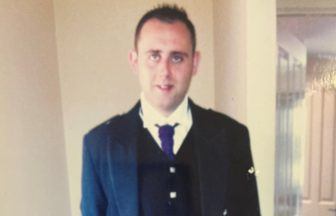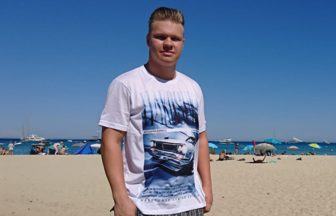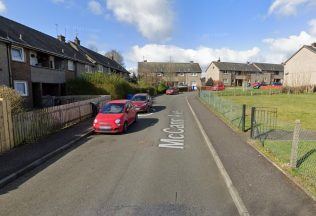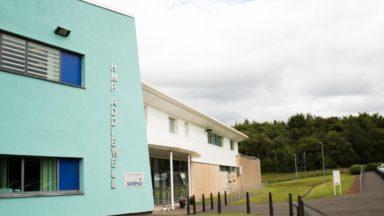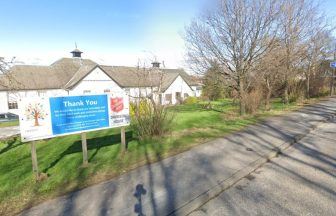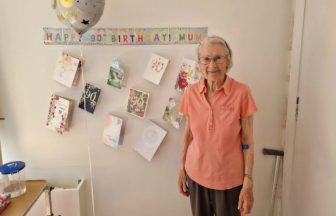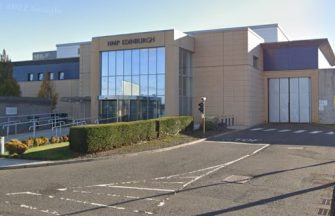Syringes, dirty nappies and even dead animals are all items which have been found in resident recycling bins by cleansing staff.
Last week, Falkirk Council announced it was cracking down on contamination found in recycling bins.
Unite the Union said staff working in recycling facilities welcomed the move, after they raised the issue as a health and safety matter.
Falkirk Council says that from September 11, blue bins that have a low quantity of the wrong material in them, will get an amber tag but will be emptied.
If a blue or burgundy bin contains the wrong or unsafe material, the collection crew will put a red tag on the bin and it will not be emptied.
Helen Welsh, convener of Unite the Union’s Falkirk Council branch, said that members of the union who work in the MRF (material recycling facility) in Roughmute contacted her to raise concerns about the level of contaminated rubbish they are having to sift through.
“I went to see them and it was appalling,” she said. “They’ve had needles, nappies, faeces, household waste – even open Stanley blades.
“There was even a cannabis farm dumped in it one day.”
Shockingly, staff have also found dead pets that have been put in the recycling.
Two members of staff working on the line have also had needlestick injuries while sorting the recycling.
All of the contaminated waste that comes into the MRF gets put into another skip and either sent to landfill or incinerated, at a cost to the council of around £125,000 a year.
Tins and plastic are separated in Roughmute before being baled and sent for recycling.
These items should actually make the council money – but if they are contaminated, they cannot be used and will cost the council thousands of pounds to dispose of.
Many residents are unwittingly putting items that cannot be recycled into the blue bin, such as containers with food waste, foil wrappers and crisp packets.
Not all plastics are suitable either and things such as soft plastic bags should be taken to a supermarket for recycling.
Ms Welsh says that when she raised the staff’s concerns with the council she was pleased that they agreed to try to find a solution.
The message they are hoping to get across is that tins and plastic placed in recycling bins should be loose, clean, empty and dry.
“The staff are there to sift through and pick out things that slip through – but the sheer volume of stuff is just unacceptable,” said Helen.
“This is about educating the public, to make them aware of what they should and should not be putting in the bin.
“It’s costing the council a huge amount of money that could be spent on services.”
Follow STV News on WhatsApp
Scan the QR code on your mobile device for all the latest news from around the country


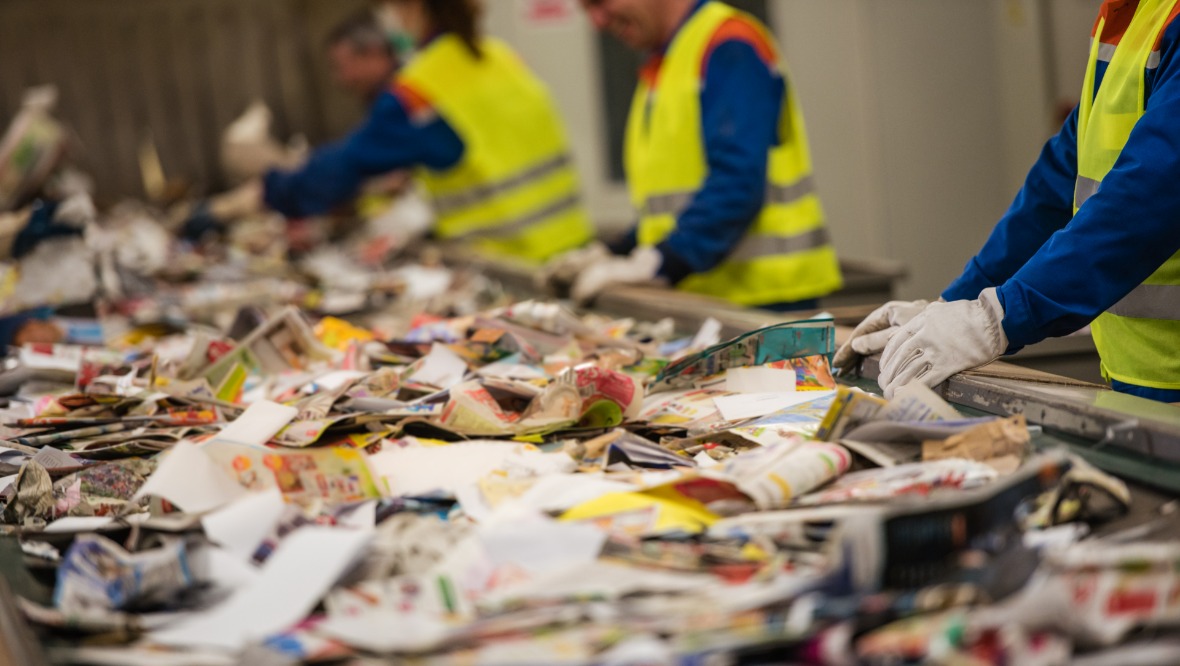 iStock
iStock
